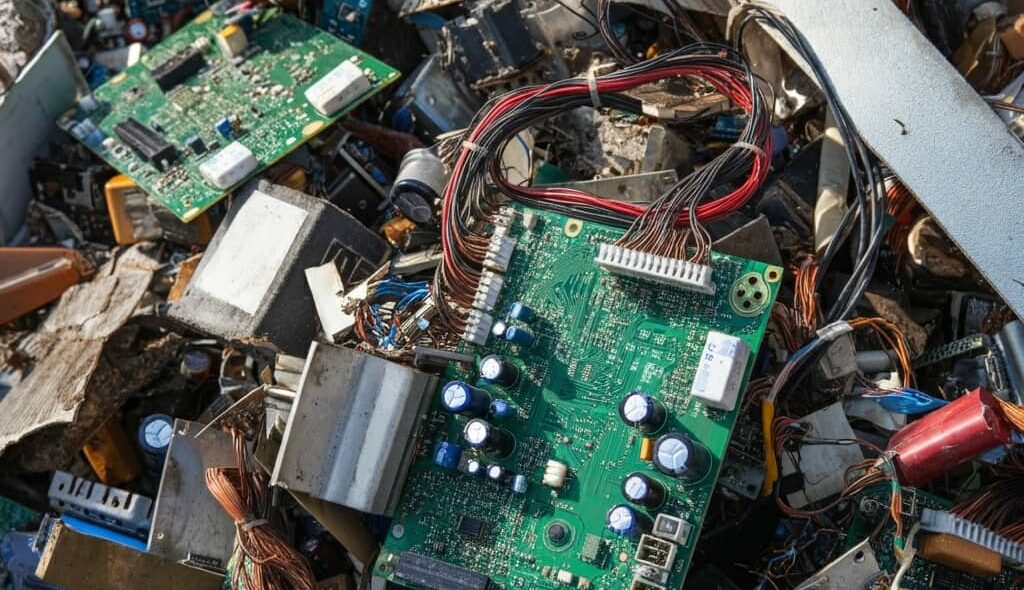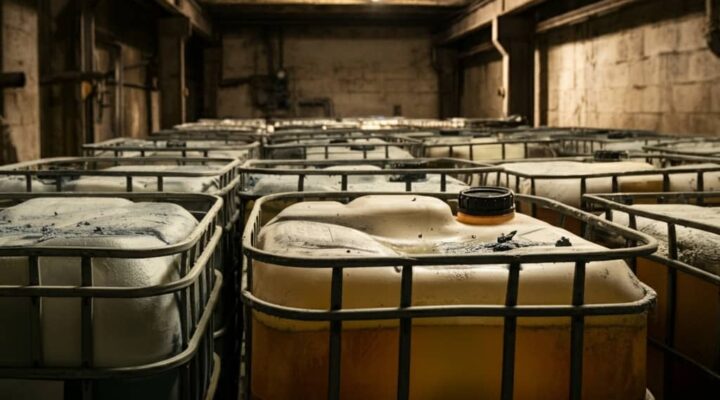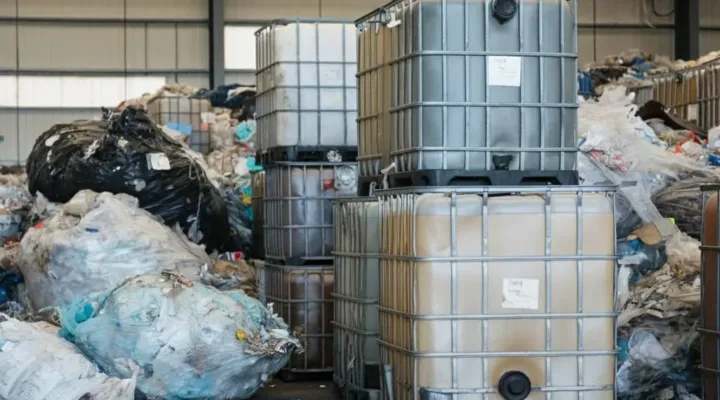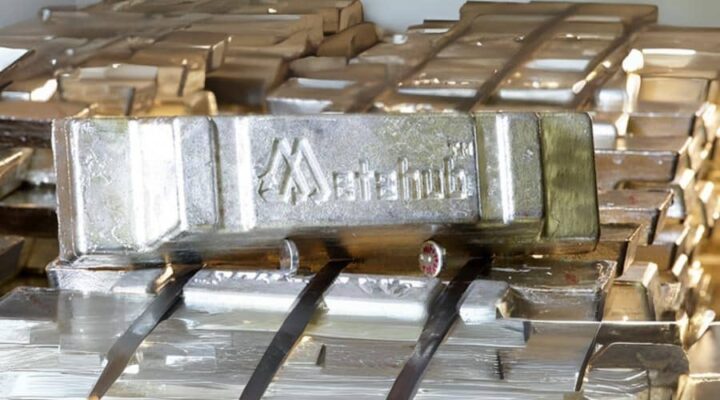As Malaysia continues to develop its electronics industry, the safe disposal of hazardous waste from electronic assemblies contaminated with heavy metals is becoming increasingly important. Proper disposal isn’t just about protecting the environment—it’s also about staying compliant with the law. Non-compliance with hazardous waste regulations can lead to severe penalties, environmental damage, and harm to your business’s reputation. In this blog, we’ll explore the importance of compliance in hazardous waste disposal for electronic industries and how your business can ensure it meets all regulatory requirements.
What Constitutes Hazardous Waste in Electronic Assemblies?
Electronic assemblies, such as printed circuit boards, CRTs, and other components, often contain hazardous materials that pose significant risks if not properly managed. Common hazardous substances found in these assemblies include:
- Lead: Found in solder used on printed circuit boards.
- Mercury: Often present in switches, relays, and LCD screens.
- Cadmium: Used in batteries and certain resistors.
These materials, classified as hazardous waste, require special handling and disposal procedures to prevent contamination of water, soil, and air. If released into the environment, these substances can cause severe health and environmental issues, including neurological damage and pollution of natural ecosystems.
Key Regulations for Hazardous Waste Disposal
To manage hazardous waste effectively, businesses handling electronic assemblies contaminated with heavy metals must comply with both local and international regulations:
- Local Environmental Laws (Malaysia)
- Under Malaysia’s Environmental Quality Act 1974 and the Environmental Quality (Scheduled Wastes) Regulations 2005, all companies generating hazardous waste must ensure proper classification, handling, storage, and disposal of such waste.
- The Department of Environment (DOE) oversees the regulation and enforcement of hazardous waste management in Malaysia. Companies must report and submit information via the eSWIS (Electronic Scheduled Waste Information System).
- International Guidelines (Basel Convention)
- Malaysia is a signatory to the Basel Convention, an international treaty designed to reduce the movement of hazardous waste between nations, particularly from developed to developing countries.
- The Convention requires that hazardous waste be treated and disposed of in an environmentally sound manner. Exporting hazardous waste, including electronic waste, is tightly regulated under this convention, with specific guidelines on waste transportation and treatment.
Steps to Stay Compliant
Ensuring compliance with hazardous waste disposal requires following a structured process. Here are the key steps to help your business stay compliant:
- Waste Identification and Classification
- Properly identifying and classifying waste is the first step. Electronic assemblies contaminated with lead, mercury, or cadmium must be classified as SW110 waste. A waste management professional can assist in identifying and labeling the waste accurately according to regulatory standards.
- Storage and Transportation Regulations
- Once hazardous waste is classified, it must be stored in approved, clearly labeled containers to prevent leakage or contamination.
- Transportation of hazardous waste must be done by certified waste transporters who are licensed to handle and transport scheduled waste to approved treatment or disposal facilities.
- Documentation and Record-Keeping Requirements
- Businesses are required to maintain accurate records of waste generation, storage, transportation, and disposal. This includes regular reporting through systems like Malaysia’s eSWIS.
- Proper documentation not only ensures compliance but also protects your business from potential legal disputes or audits.
Consequences of Non-Compliance
Failure to comply with hazardous waste disposal regulations can have serious repercussions for your business:
- Legal Penalties
- Violating Malaysia’s scheduled waste regulations can result in fines, suspension of business operations, or even imprisonment of responsible individuals.
- Non-compliance with the Basel Convention can lead to international legal action, particularly if hazardous waste is improperly exported or disposed of.
- Environmental Damage
- Improper disposal of heavy metals like lead, mercury, and cadmium can contaminate water supplies, harm local ecosystems, and contribute to long-term public health crises.
- Reputational Risk
- In an increasingly eco-conscious world, businesses that are caught violating environmental laws face significant reputational damage. This can result in the loss of customers, investors, and business partners who prioritize sustainability and compliance.
Why Hire a Professional Service?
Partnering with a professional waste management company ensures that your business remains compliant with all hazardous waste regulations. Here’s how:
- Expert Waste Identification and Classification
- Waste management professionals can accurately identify and classify all hazardous materials, ensuring compliance from the start.
- Proper Storage and Transportation
- Licensed waste management providers handle the entire disposal process, from safe storage to compliant transportation, minimizing your risk of errors or violations.
- Documentation Support
- Professional services maintain detailed records and reports, helping your business stay up to date with local and international regulatory requirements.
- Ongoing Compliance Monitoring
- Hiring an expert partner also means regular compliance audits, ensuring that your business remains aligned with the latest regulatory changes and environmental laws.
If your business handles electronic assemblies containing hazardous materials, compliance with hazardous waste disposal regulations is crucial. At Metahub, we offer specialized services that ensure your business stays compliant with all hazardous waste regulations, protecting both your business and the environment. Contact us today to request a consultation and let us help you manage your hazardous waste safely and effectively.
By ensuring compliance with local and international regulations, you not only avoid penalties but also demonstrate your commitment to environmental responsibility and public health.





